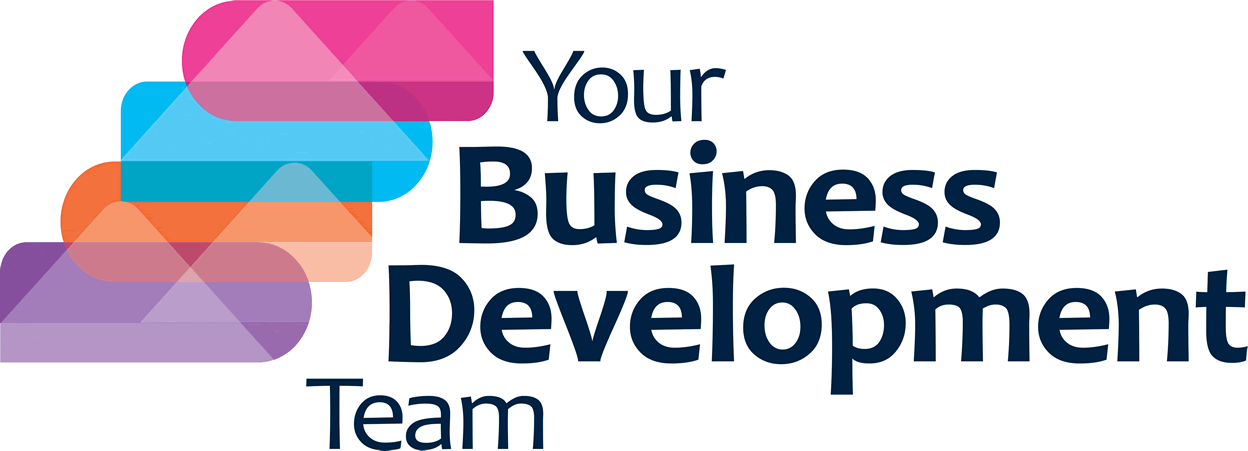I have made two, great new discoveries recently. Audible (old hat I know) and Peter Thiel’s recent book, Zero to One. Peter Thiel, who famously created and sold Paypal, states in his book that new technology of all types is more important than globalisation. This is because the latter is based on taking a product that was successful in one place and making a success of it in wider geographic markets. Doing this at the expense of progress says Thiele, is unsustainable based on existing resources.
The book goes on to say that vertical growth, which defines creating a new product from scratch is much harder and can be described as moving from zero to one, whereas improving an existing product can be described as moving from one to ten.
Having recently joined NatWest’s Entrepreneurship mentoring program, E-Sparks, this really struck a chord with me. Having met so many people, young and old, who are trying to make their new concept a success, has made me think hard about developing new products. Listening to Thiele’s book has actually given me a new understanding in terms of which ideas are an improvement on existing technology and which are new technologies.
I always enjoy learning new ideas and concepts and I highly recommend that you read (or listen) to Zero to One for this reason. However, I wanted to draw your attention to a particular concept which is key to any Entrepreneur;
In the book, Thiel describes a common mistake many start-ups make, which is to describe their market so narrowly that they dominate it by definition. I could not agree more, we all want to prove that our product is unique because that means that we have a monopoly over our market. Still, sometimes we get so caught up in telling our story of uniqueness we forget to consider if our niche market actually exists at all.
Let me leave you with one last killer quote from the book: ‘If you lose sight of competitor reality and focus on trivial differentiation factors, you are unlikely to build a successful business’.
So let’s bring this back to business development strategy, how is it connected? Well, a big part of it should consider your opportunities in the market place and how your product actually fits in with the existing market. Ask these questions early enough and you will avoid making the said common mistake.
I am currently developing a start-up business development plan and looking for Guinee Pigs to work with. So, if you own a start-up or you know someone who does, get in touch.

